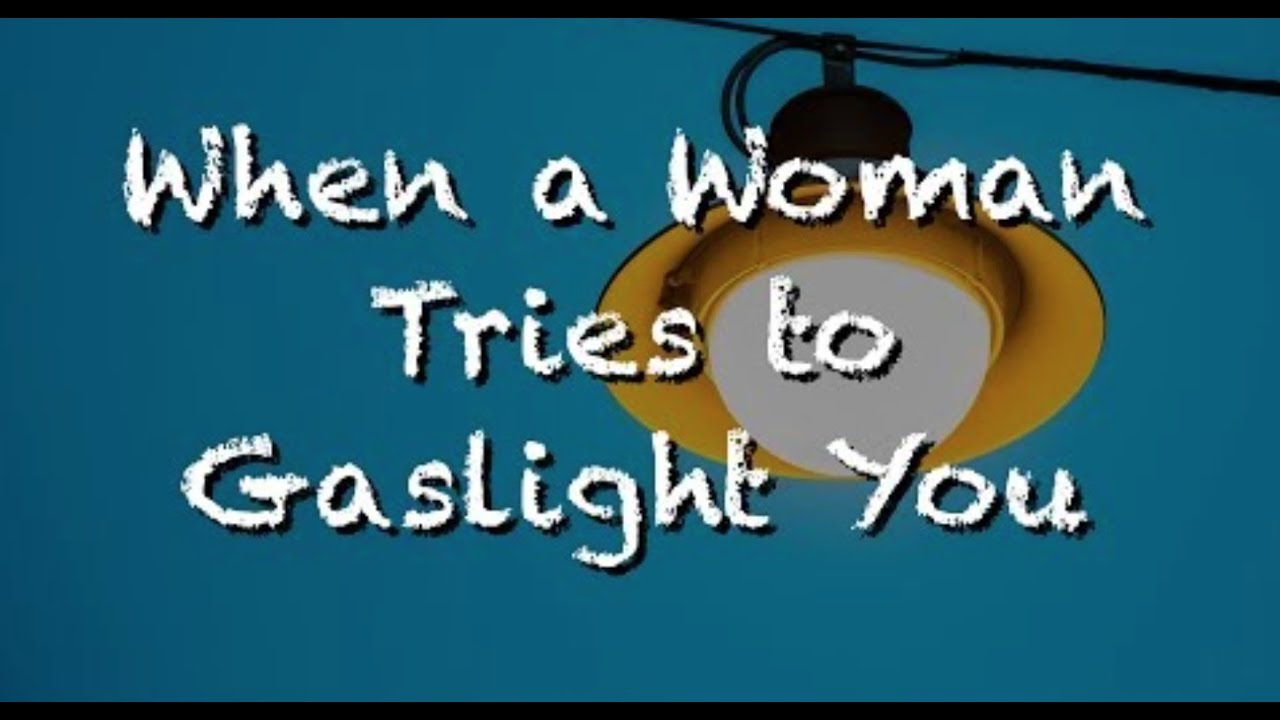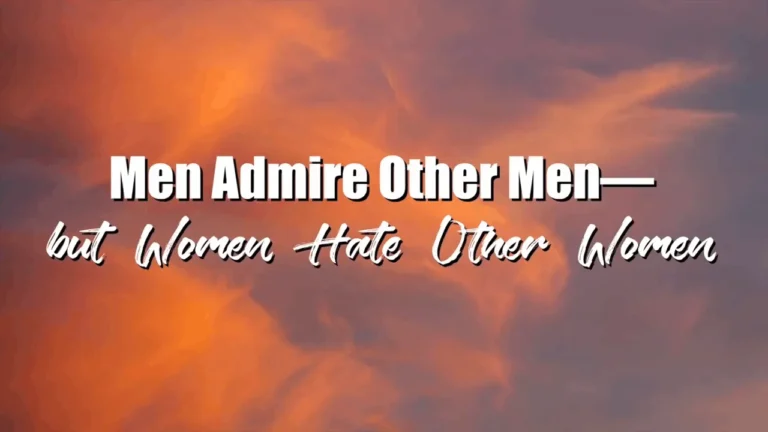When A Woman Tries To Gaslight You

Key insights
- 🤯 Gaslighting in relationships can lead to confusion and doubt about your own perceptions and memories.
- 🎭 Gaslighting is a woman’s go-to move in a fight with their partner, convincing them of the exact opposite of the truth.
- 🤥 Gaslighting can make someone believe a false reality, even if there is evidence to the contrary.
- 🤔 Women prioritize feelings over objective truth, leading to a belief in subjective reality.
- 🚗 Gaslighting can be used to manipulate and change a subjective feeling, making the victim doubt their own perception of reality.
- 🚺 Women have the subjective measure of their worth comes from what other people think.
- 🤯 Gaslighting can be used to make a woman feel socially insecure and dependent on the person gaslighting her.
- 🚫 Gaslighting in a relationship can be a powerful tool for controlling a woman and making her feel unloved and unappreciated.
Understanding Gaslighting in Relationships
Have you ever found yourself in a situation where your partner says something about you that you know is not true? It’s like they’re trying to convince you that your memory is wrong or that you’re terrible at something, even though you know you’re not. This tactic of manipulation is called gaslighting, and it’s something that many people experience in their relationships.
Gaslighting: Definition and Origin
Gaslighting is a term that comes from the movie “Gaslight,” a film noir picture about a man who tries to convince his blind wife that day is night and night is day. The term has now entered the vernacular and refers to when a person convinces someone else of the exact opposite of the truth. It can be a subtle and insidious form of manipulation that erodes a person’s sense of reality.
The Gaslighting Experience
Gaslighting often occurs during arguments or fights in a relationship. It’s like a switch is flipped, and suddenly your partner is twisting the truth and making you question your own memories and experiences. For example, they might claim that you are terrible at parallel parking, even though you know for a fact that you’re not. They’ll insist on their version of events, repeating them over and over until you start to doubt yourself.
Understanding the Motivation Behind Gaslighting
Gaslighting is a tactic that is frequently used by women during arguments with their partners. It stems from a fundamental difference in how men and women perceive truth and reality. For women, the most important thing is not objective reality, but rather their social position and the opinions of others. This is rooted in evolutionary psychology, as a woman’s social position can affect her long-term survival. As a result, emotions and subjective feelings become the primary focus for women.
Fighting Fire with Fire
If you find yourself being gaslighted by your partner, it’s important to find a way to address the issue and prevent it from happening again. One approach is to fight fire with fire. When your partner tries to twist the truth, you can respond by highlighting something that makes them feel insecure. For example, if they claim you’re bad at parallel parking, you can bring up a skill or hobby that they struggle with, like knitting. By turning the tables and making them feel socially insecure, you can disrupt their gaslighting tactics.
The Power of Social Insecurity
One of the most effective ways to counter gaslighting is by making your partner feel socially insecure. Women are particularly sensitive to other people’s opinions and judgments, as their social worth is closely tied to how others perceive them. By pointing out that other people think negatively of them, you can strike a chord that resonates deeply. However, it’s important to note that using this tactic to manipulate and control your partner is morally questionable and can have severe negative consequences.
Recognizing When to Walk Away
While gaslighting can happen in any relationship, it becomes a major issue when it occurs repeatedly and prevents open and honest communication. If your partner consistently gaslights you and refuses to acknowledge your perspective, it may be a sign of deeper issues in the relationship. In such cases, it may be healthier for you to consider leaving the relationship to protect your well-being.
Conclusion
Gaslighting is a manipulative tactic that can severely impact a person’s sense of reality and self-worth. It is especially prevalent in relationships, with women often using it as a means of control and power. By understanding the motivations behind gaslighting and finding ways to counteract it, you can protect yourself from falling victim to its effects. Remember, healthy relationships are built on trust, open communication, and mutual respect.






